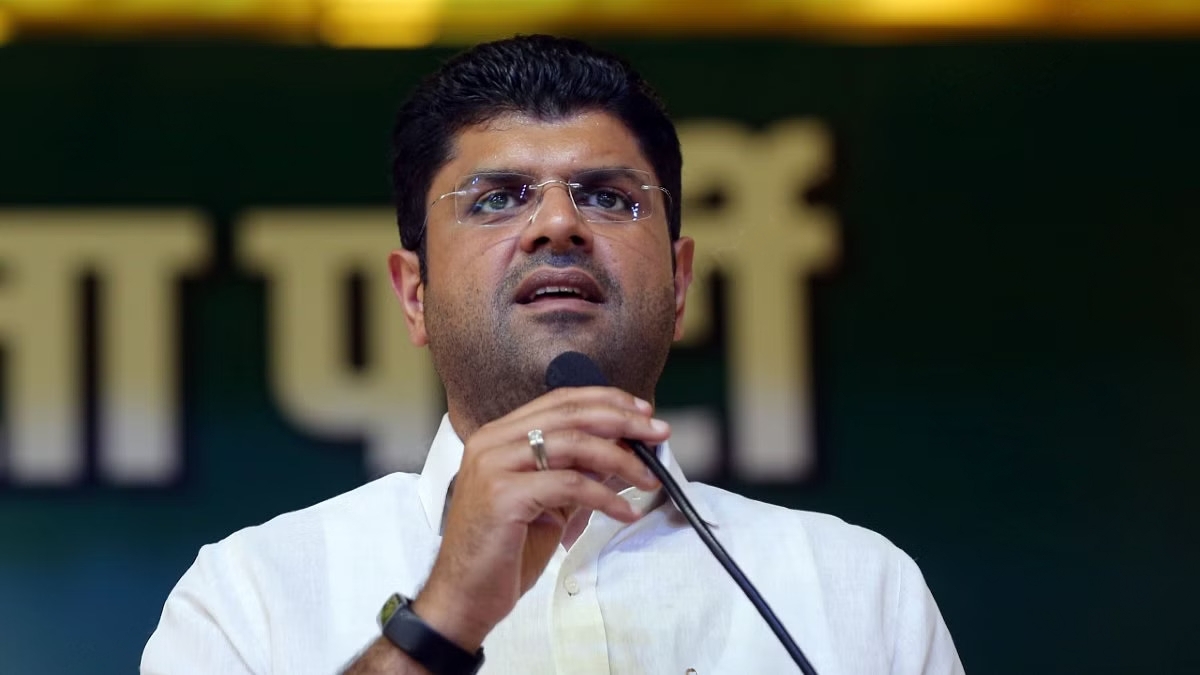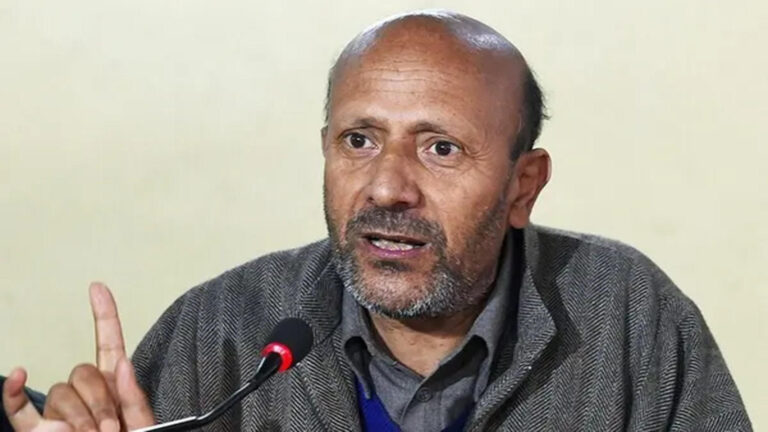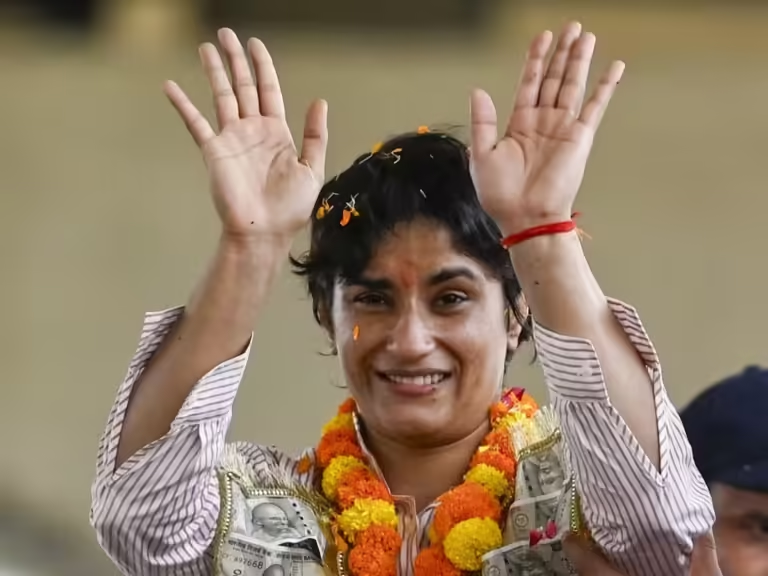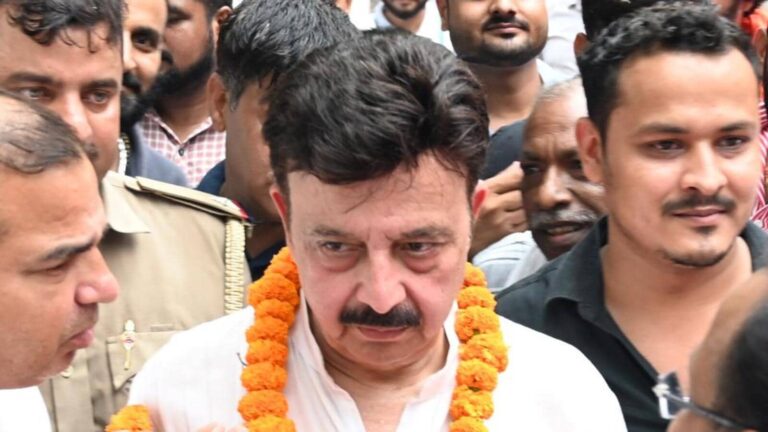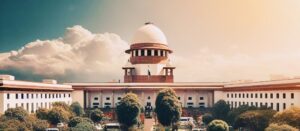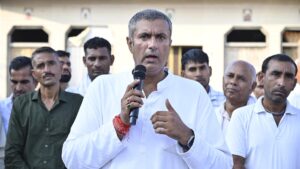Dushyant Chautala, the former deputy chief minister of Haryana and leader of the Jannayak Janta Party (JJP), recently engaged in a discussion with Hindustan Times covering various topics, including the party’s separation from the Bharatiya Janata Party (BJP) earlier this year, the JJP’s performance in the Lok Sabha elections, and its strategies for the forthcoming Haryana assembly elections.
In terms of addressing the anti-incumbency sentiment directed at the BJP, Chautala stated that the JJP is currently in a similar position to where it was in 2019, but is experiencing rapid growth.
He acknowledged the impact of anti-incumbency, largely stemming from the farmers’ protests, while also highlighting the JJP’s contributions to the agricultural community.
He pointed out initiatives such as prompt payments for crop procurement, the purchase of 14 crops at minimum support prices, and increased compensation for crop damage, which has been effectively delivered to farmers.
When asked if the JJP could have emerged as a leading contender in the assembly elections had he resigned during the farmers’ protests against the agricultural laws, Chautala expressed uncertainty about the outcome.
He referenced the resignation of Harsimrat Kaur Badal from the Union cabinet and questioned the current standing of her party, the Shiromani Akali Dal (SAD).
He also mentioned Abhay Singh Chautala of the Indian National Lok Dal (INLD), who resigned his assembly seat but did not secure victory in the Kurukshetra Lok Sabha seat.
Chautala reflected on public sentiment, suggesting that the belief that his resignation in 2020 would have led to the downfall of the BJP government did not materialize, as he noted that he was out of the government in March while Nayab Singh Saini remained as chief minister.
Regarding the JJP’s split from the BJP after four and a half years of coalition, Chautala was asked to reflect on what went wrong.
We were unable to reach an agreement regarding seat-sharing for the Lok Sabha elections, which led us to part ways and choose to contest independently.
Did the decision to sever ties with the BJP significantly impact the JJP’s performance in the Lok Sabha elections?
Two primary factors shaped the 2024 Lok Sabha elections: national issues and the competition between the BJP-led National Democratic Alliance (NDA) and the Indian National Developmental Inclusive Alliance (INDIA). In this contest, regional parties that did not align with either coalition struggled to gain traction, with the exception of the SAD, which managed to secure only one seat in Punjab.
Could this be the reason behind the JJP’s disappointing performance, resulting in a mere 0.87% vote share in the Lok Sabha elections?
Indeed, the results were not favorable. For instance, the SAD in Punjab experienced an unprecedented decline, with their vote share dropping to 13%. However, it is important to note that the voting dynamics in the upcoming assembly elections in Haryana will differ significantly from those in the Lok Sabha polls. The Aam Aadmi Party (AAP), which was part of the INDIA alliance during the Lok Sabha elections, is now competing against the Congress in the assembly elections. The vote share that AAP received in Kurukshetra was largely due to their alliance with Congress.
What key issues is the JJP focusing on for the assembly elections?
A critical concern for the JJP is the law-and-order situation in Haryana, which has deteriorated significantly. The state is currently facing serious challenges, with rising incidents of extortion, shootings, murders, and sexual assaults, and there has been a noticeable lack of effective action. Chief Minister Saini appears to lack control over the home department, contributing to the prevailing sense of insecurity.
The assertion made by Congress leader Bhupinder Singh Hooda regarding the JJP being the B-team of the BJP is quite unfounded. Each political party operates independently, focusing on its own objectives. In 2019, we did not support the Congress, and this time we are collaborating with the Azad Samaj Party (ASP) to achieve significant results. Our aim is to maximize our electoral success.
When you refer to the JJP as holding the key to the 2024 assembly elections, what does that signify?
This election, the partnership between the JJP and the ASP will be pivotal in unlocking the path to power. In 2019, we assisted the BJP in gaining access to that power, but this time, we are determined to establish our own government.
Would you contemplate a post-poll alliance with the BJP again?
At this juncture, it is premature to make such predictions. Our primary focus should be on securing a favorable outcome. If the results are in our favor, we will take the necessary steps to form the government, and we will evaluate the support we receive from other parties.

